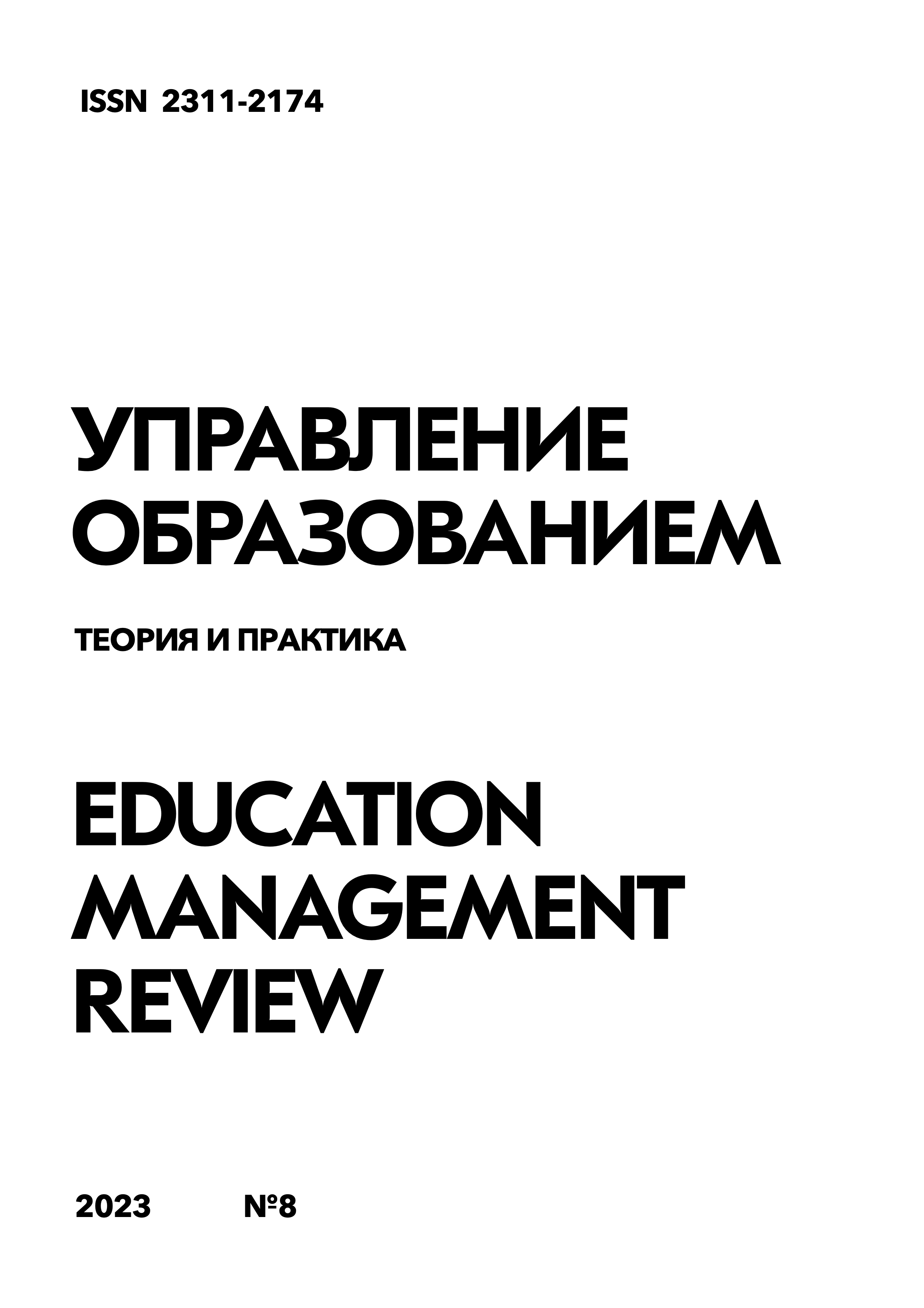The importance of scientific research for the development of higher education Institutions
DOI:
https://doi.org/10.25726/z2542-2217-9644-xKeywords:
scientific research, functioning, universities, improvementAbstract
Since the beginning of its existence, mankind has been collecting and accumulating information and knowledge. Along with observing the phenomena of nature and the environment, a person thought about the principles and mechanisms of action of these phenomena and the influence of various factors on each other. The question arose: how can this be used for the good of man? Therefore, the acquired knowledge needed a clear systematization. At the same time, the intellectual potential of mankind grew. Gradually, the concept of scientific and technological progress appeared - the main factor ensuring the stability and further development of society. The creation of new technical means and increasing the requirements for existing ones, the emergence of new methods for solving technical problems cause the need to revise the methods of study and create a systematization that allows you to speed up the implementation of new technical solutions in the production process and make it more efficient, as well as improve the qualification level of specialists. The gradual development and improvement of production is the main regularity of the economy based on the progress of science and technology and characterizes economic progress. In the leading countries, there is a well-formed model of the development of a modern society based on the use of new knowledge, with the implementation of which more than 70% of GDP is achieved. Consequently, the functioning and development of countries is impossible without scientific research, the platform for which is higher education institutions (universities), and the growth of the social product depends on scientific research.
References
Аллахвердян А. Тенденции феминизации российской науки: прошлое и настоящее // Наука и инновации. 2018. Т. 3. № 181. С. 48-54.
Брушкова Л.А., Прохорова И.Г. Феминизация высшего образования в России: состояние и тенденции развития // Самоуправление. 2021. Т. 3. № 125. С. 15-19.
Буренкова Н.В., Данилова Т.В., Тонких А.П. Инновационный подход к формированию модели современного учителя российской школы // Управление образованием: теория и практика. 2020. № 4(40). С. 29-36.
Виноградова С.М., Дунаева Ю.Г., Зиатдинов Д.Ф. Женщины, наука, образование: у истоков тендерных исследований международных отношений // Вестник Санкт-Петербургского ун-та. Политология. Международные отношения. 2017. Т. 10. № 3. С. 260-268.
Кибанов А.Я. Управление персоналом организации: учебник / под ред. Кибанова А.Я. 4-е изд., доп. и перераб. 2020. М.: ИНФРА-М. 695 с.
Краснова Г.А., Тесленко В.А. Сетевое взаимодействие вузов в мире и России: создание и развитие стратегических партнерств // Государственная служба. 2017. Т. 19. № 4(108). С. 59-65.
Кязимов К.Г. Управление персоналом. Профессиональное обучение и развитие. 2019. М.: Юрайт. 202 с.
Лапыко Т.П., Тонких А.П., Данилова Т.В. Управленческие аспекты образовательной деятельности преподавателя вуза // Управление образованием: теория и практика. 2020. № 3(39). С. 57- 65.
Масюк Н.Н., Петрищев П.В., Бушуева М.А. Стратегическое партнерство как свидетельство альянсоспособности университета // Экономика и предпринимательство. 2014. № 12 (8). С. 658-662.
Пиньковецкая Ю.С. Моделирование показателей деятельности малого и среднего предпринимательства в регионах с использованием функции плотности нормального распределения // Проблемы развития территории. 2015. Т. 6. № 80. С. 93-107.
Пугачев В.П. Управление персоналом организации. Учебник и практикум для академического бакалавриата. 2019. М.: Юрайт. 402 с.
Резник С.Д., Макарова С.Н., Сазыкина О.А. Гендерные особенности развития управленческого потенциала российского университета // Университетское управление: практика и анализ. 2017. Т. 21. № 1(107). С. 115-125.
Руденко А.М., Котлярова В.В., Латышева А.Т. Управление персоналом. Учебное пособие. 2020. М.: Феникс. 320 с.
Цветкова Н.А. Личностные особенности женщин - руководителей и специалистов современных социально-гуманитарных вузов // Ученые записки Российского гос. социального ун-та. 2016. Т. 15. № 3 (136). С. 55-63.
Черникова Л.И., Белохвостова Н.В. Проявления гендерной сегрегации в сфере высшего профессионального образования // Финансовая аналитика: проблемы и решения. 2012. Т. 12. № 102. С. 46-50.
Bacila M.F., Moisescu, O.I., Tirca, A.M. A study regarding the influence of business size on the availability of business organizations to develop alliances with higher education institutions // Transformations in Business and Economics. 2009. Vol. 8. № 3. P. 160-178.
Danilova T.V., Pryadekho A.A., Tonkikh A.P. Economic and legal regulation of educational processes in the field of natural sciences and humanities // Journal of Advanced Research in Law and Economics. 2018. Vol. 9, No. 7. P. 2454-2461.
Suherlan H. Strategic alliances in institutions of higher education: a case study of Bandung and Bali Institutes of Tourism in Indonesia // International Journal of Tourism Cities. 2017. № 3(2). P. 158-183. DOI: 10.1108/IJTC-08-2016-0022




